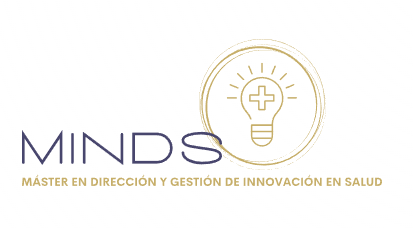Ricardo Carderón, collaborator of the research group of IDIVAL Medical Oncology and Nanovacunas, has obtained the Extraordinary Doctorate Award from the University of Cantabria for his thesis “Vaccines based on Listeria monocytogenes” directed by Dr. Carmen Álvarez Dominguez and Dr. Mónica López Fanarraga.
During his doctorate, Dr. Calderón did his research work in the laboratory of the Nanovacunas research group and Listeria-based cell vaccines led by Dr. Carmen Álvarez and is currently a collaborator of the IDIVAL research group “Medical Oncology and Nanovacunas” directed by Dr. Fernando Rivera.
Brief summary of Dr. Calderón's thesis:
Listeria monocytogenes is a food pathogen whose incidence has increased in recent years. It causes an infection, called listeriosis, which in immunocompromised individuals causes encephalitis, meningitis, abortions or serious neurological sequelae in newborns.
This work shows the need to take action, finding incidents well above the national average when conducting an annual case study in two populations in northern Spain. Therefore, the use of different vaccines based on L. monocytogenes peptides was studied by different preclinical tests.
Dendritic vaccines are safe and provide effective protection against the pathogen, but their clinical use is difficult and expensive. Finally, the use of nanovaccines was chosen. These, in combination with adjuvants, provide a high level of protection in both low and high risk individuals to contract the disease, being an optimal alternative for use in prevention.





















